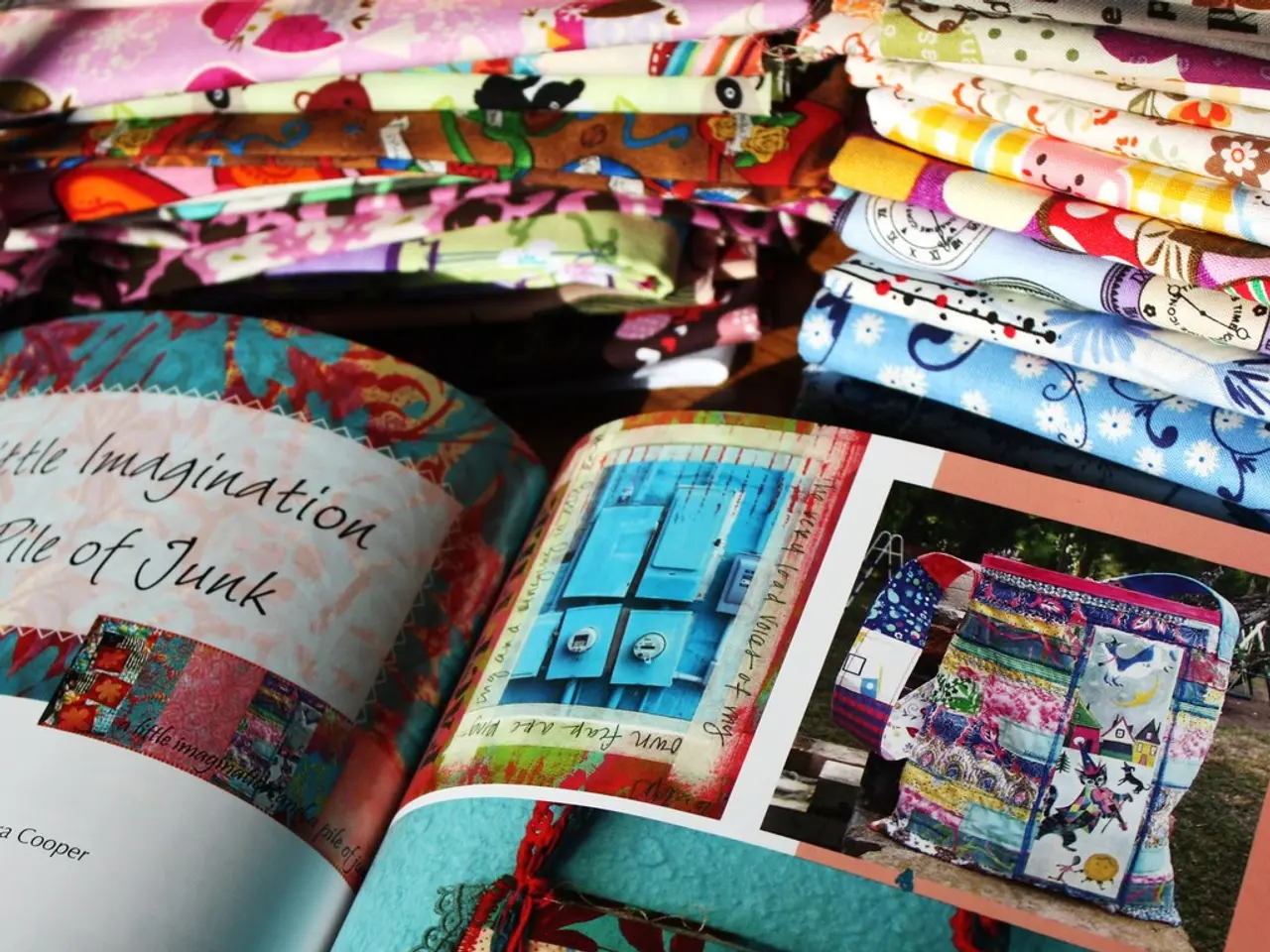Advocating for Indigenous Personal Body Rights
In the latest column published in Atmos Magazine, Indigenous author Ruth H. Robertson advocates for the reproductive rights of Indigenous women, a cause that has gained significant attention following the Supreme Court's recent ruling in Dobbs v. Jackson.
The Dobbs ruling, which reversed the 1973 decision in Roe v. Wade, has ended federal protection for women's reproductive rights under the U.S. Constitution, leaving large geographic regions without access to abortive care. This decision has sparked widespread controversy and concern, particularly among Indigenous communities.
The Sisseton Wahpeton Oyate (Tribe), located in South Dakota, has issued a statement addressing the issue of reproductive rights within their community. Despite not explicitly referencing the Dobbs ruling, the statement underscores the importance of traditional native law in determining these rights.
Under traditional native law, Native women have individual autonomy over reproductive health, the viability of pregnancy, and appropriate health care decisions. This autonomy is based on consultation with the Creator, elder women, medicine people, and physicians.
The Sisseton Wahpeton Oyate also emphasises the sacred duty of Native women to Grandmother Earth in bringing new life to the Oyate (People). They respect the Creator's sacred gift of life and the individual autonomy of Native women.
Unfortunately, the history of Indigenous women's reproductive rights is marred by instances of forced sterilisation. Between 1973-1976, four out of 12 Indian Health Service (IHS) regions sterilised at least 3,406 Native women without their permission. The IHS, a chronically underfunded federal government operated health care system, forcibly sterilised Native women, particularly those with a Tribal blood quantum of one half or more, for decades.
Ruth H. Robertson, the author of the column, is a victim of this tragic history. She was sterilised by the IHS at the age of 21, shortly after giving birth to her second son.
In light of these ongoing challenges, the Sisseton Wahpeton Oyate calls for fighting for reproductive rights. They believe that women know their own bodies better than anyone else, and that this knowledge should be respected and protected.
The conquest of Native women's bodies continues, with trafficking to oil fields, high rates of rape, and living in homelands surrounded by red states. The Sisseton Wahpeton Oyate's statement serves as a call to action, reminding us all of the importance of respecting and protecting the reproductive rights of Indigenous women.
Read also:
- Peptide YY (PYY): Exploring its Role in Appetite Suppression, Intestinal Health, and Cognitive Links
- Toddler Health: Rotavirus Signs, Origins, and Potential Complications
- Digestive issues and heart discomfort: Root causes and associated health conditions
- House Infernos: Deadly Hazards Surpassing the Flames








